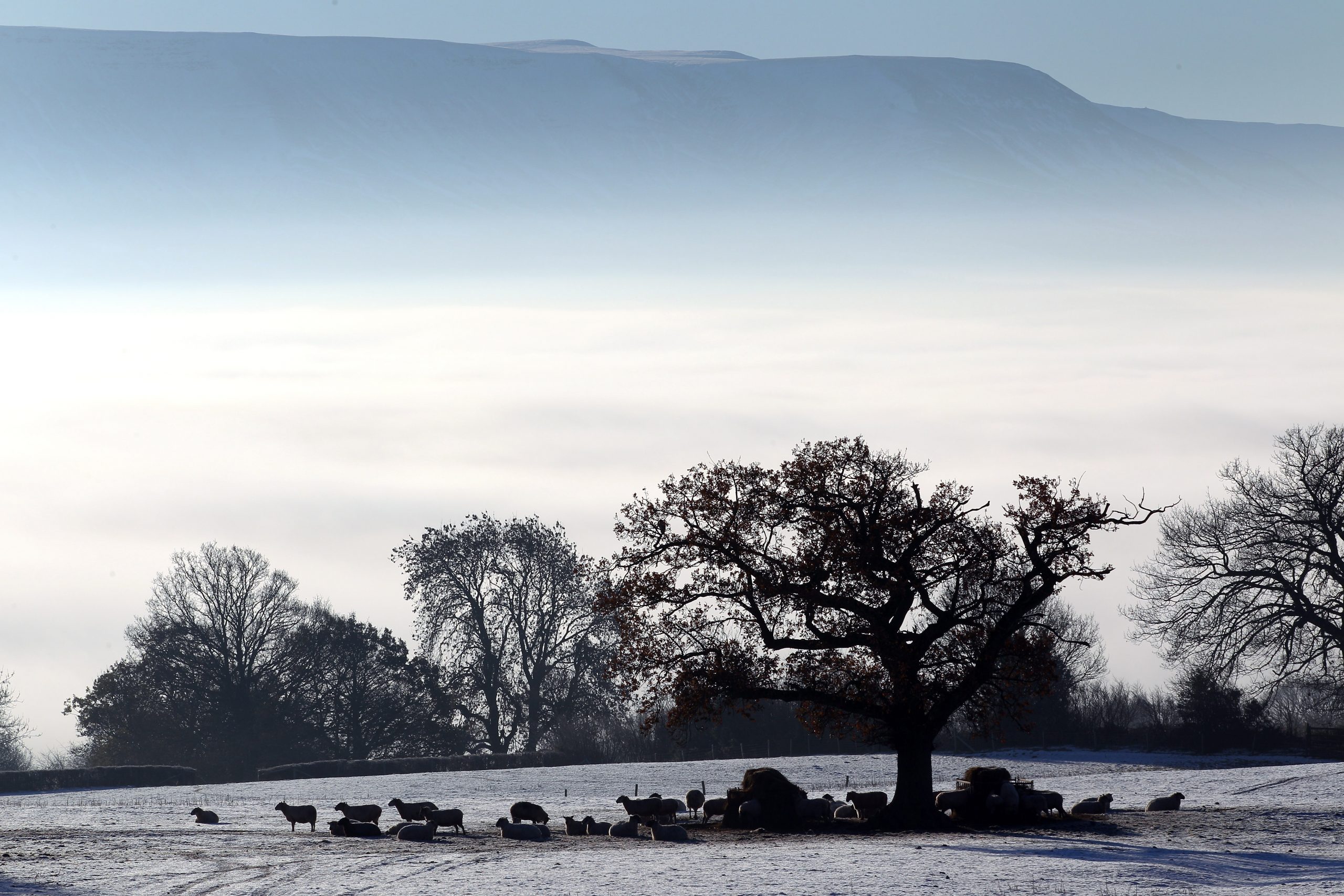
Snowmelt sogs the field; the farmer knows
new growth is coming; with it better food
or better money when he hits the rows
in superstores with homegrown plenitude.
All is so hopeful. If he won’t convert
his barn for letting, swallows, swifts will come
back from the Nile until the days grow short
again with all their cheerful breeding done.
Cheerful and lewd, which is the point of spring,
and musical, which is the point of birds,
though insufficient to ease the suffering
of mortal man imprinted by plain words
like time, decay and being never there
always before some spring comes round again,
who can’t escape to somersault in air,
revel in sunlight with no thought of rain.
Wisdom is bringing to the present tense
lifelong commitment. Let each new tomorrow
be like a lifetime, be a recompense
knowing you’re a toad and there’s the harrow.
Memories are seductive at this time
of wheeling birds. Purple crocoi thrust
through dingy bandages until the rhyme
moves from mutability to lust.
Even in my own midwinter I
bask in the recollection of a spring
sixty years gone when flowers grew as high
and all the birds were just as deafening.
Our brains people a landscape, an Old Master
scene with Diana and her retinue
all given proper names. Heart beats faster
but in the end just one name speaks to you
while others scurry off behind the frame,
behind a tree just coming into leaf
with life no longer treated as a game
nor death portrayed as villain or as thief.
The gift is given. Seize it. Seize the day,
Torquatus, when things come around again.
As for seasons, you have your part to play
however brief your walk-on and the rain
freshens the violets you picked for her
to press between leaves of a little book
you wrote with the same intention. For sure
they’ll last longer than you but they bring luck.
Marcel spied the beach from an attic room,
pleasured himself for hours in messy prose.
Like Charlus, who had briefly fancied him,
girls on the beach turned into teenage boys.
Old Flaccus cherishes his orchard and
his cellar with its racks of amphorae.
He writes in the morning and finds life grand
until the dusk brings back mortality.
What cheers him is the prospect of his fame.
He’s ranked with Theseus and Aeneas now.
Nodding acquaintance is not quite the same
but who, among the dead, will ever know?
He raids the wardrobe of mythology.
We turn to physicists: the post-Einstein
magic of unpredictability,
quanta, the curvatures of space and time.
Whether in Charon’s boat, shuttled through space
deep frozen – fantasy of billionaires –
the same old journey stares us in the face.
Wine does its work. Get down the cellar stairs.
Wine works its wonder. So do grace and vim.
Wonder itself is paradise enow.
Moments before his crab devoured him
Steve Jobs sat up and murmured one word: Wow!
Great man, great poet you’re among the shades
also, with Hawking and Euripides.
Heaven has banned celebrity parades.
Tend to your garden, man, and take your ease.
This article appears in the 21 Aug 2019 issue of the New Statesman, The great university con





